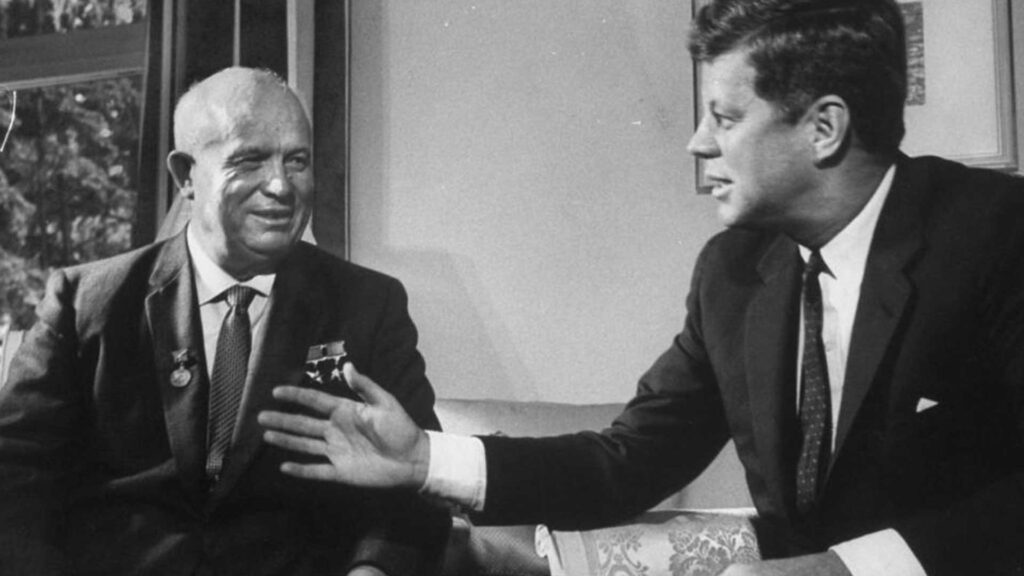The renowned mathematician and physicist Isaac Newton is believed to have said, ‘Tact is the knack of making a point without making an enemy.’ More actual words have never been spoken, especially regarding the importance of diplomacy in corporate communication. Leaders need to be well-versed in the art of diplomatic communication to ensure continued opportunities and connections.
As a leader, you realise the importance of teamwork and people working well together. Using diplomacy, you can ensure that the people in your organisation work cohesively with you to accomplish your goals. In the annals of history, we often read about President Kennedy’s gold-star accomplishments in diplomacy that helped tremendously during the Cold War and the Cuban missile crisis. In contrast, former President Trump is considered one of the most undiplomatic leaders ever. The differences are apparent. A good leader must be well-versed in communicating with diplomacy, whether leading a nation or an organisation.
How can diplomatic communication help you as a leader deal with challenges?
How can it help your company grow and become better at achieving its goals? Here are some ways diplomacy in communication can help you and the organisation.
- You can gain trust– Stephen M. R. Covey talks about how faith has changed its meaning in the post-pandemic world, where there’s an active gap between what company leaders say and what they mean, and hence, how difficult it is to trust them. Leaders must engender trust within the organisation by learning to listen to what employees need, and then acting in a way that benefits everyone. Using tact when you hear and understand issues before you set out to resolve them, will gain the trust of your stakeholders. Empathising with employees and sharing information helps make employees believe that their goals and yours are common. Gaining the trust of colleagues, employees and stakeholders are thus one of the top priorities of our times.
- Improving your and the company’s brand image – Modern-dayCEOs epitomise their company brand; hence, their actions reflect the company’s image. Handling sensitive matters, issues of diversity, and being ethically competent need a touch of diplomacy. Everyone observes a leader’s reaction to adversity, and hence it’s essential that you strive to control and direct your reactions to maintain your company’s image. Losing your temper, lashing out, or putting forth strong opinions are a thing of the past, especially in difficult times.
- Building lasting relationships – Relationships between countries or colleagues require diplomacy and tact to grow and improve. Leaders who use diplomatic communication skills, such as admitting mistakes and accepting blame but giving credit where it’s due, endear themselves to their stakeholders. This leads to loyalty and shared goals in making the company successful.
- Tactfully resolving challenging situations – Every company sees its share ofdifficult situations, and it falls to leaders to ease the conflict and soothe ruffled feathers. Doing this without showing favoritism and achieving what needs to be done is difficult. Communicating with others in a way that is true to the organisation’s beliefs without being brutally honest, in other words, by being diplomatic, is a skill set that will help leaders face and resolves challenging situations in this unpredictable world.
Honesty in communication is essential, but this doesn’t mean that leaders have to be blunt in their criticism. On the other hand, people can see through instances when leaders are too careful and tactful, and thus, they can be perceived as weak. Therefore, diplomacy is a communication skill that must be honed and prepped while ensuring a balanced outlook.
Titelbild: Photographer: Mary Lederhandler
